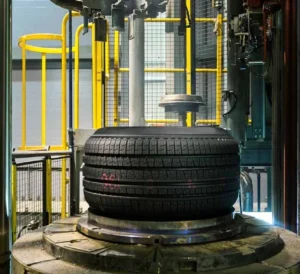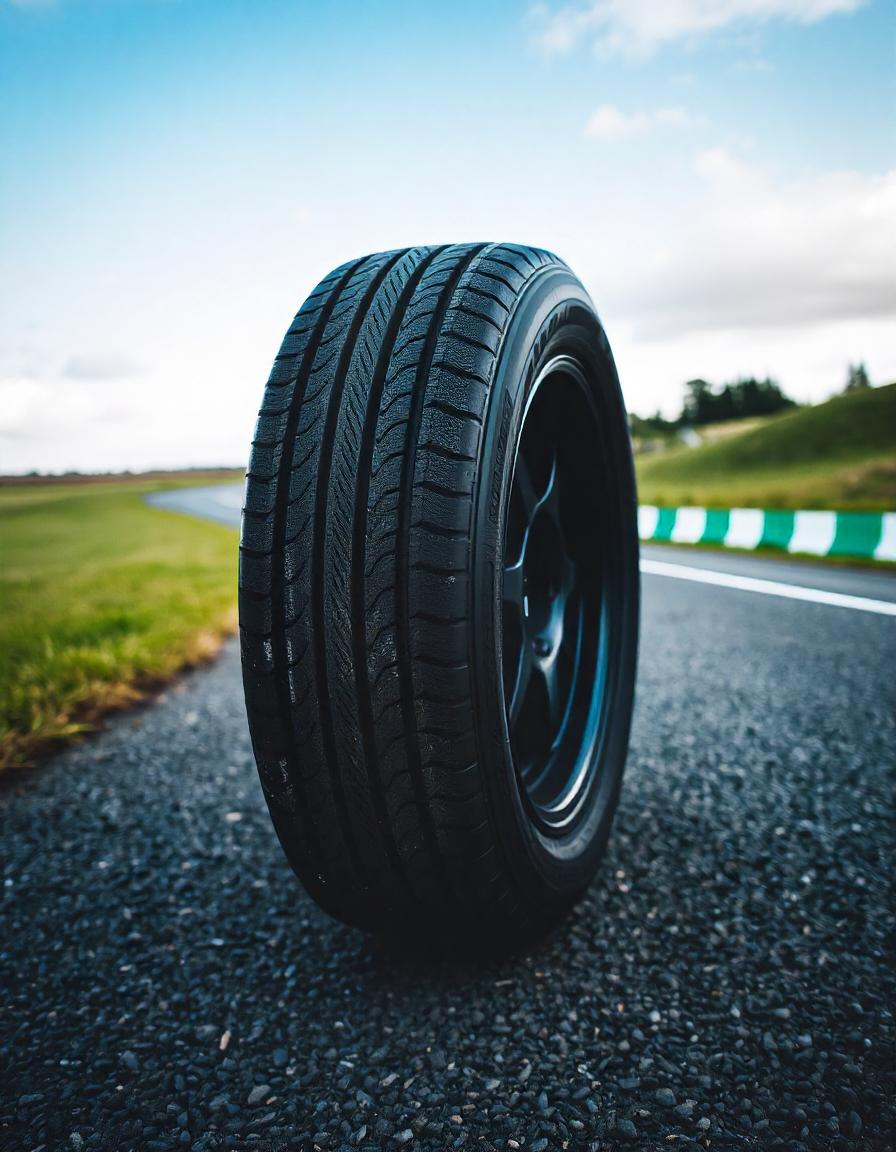
In today’s fast-paced world, vehicle safety and efficiency are more important than ever. One critical yet often overlooked aspect is tyre pressure—a factor that directly impacts fuel economy, handling, and even accident risks. While manually checking tyre pressure is essential, Tyre Pressure Monitoring Systems (TPMS) take the guesswork out of maintenance by providing real-time alerts.
At Regrip, we prioritize your safety and vehicle performance. In this blog, we’ll explore how TPMS works, its benefits, and why every driver should consider installing one.
What is a Tyre Pressure Monitoring System (TPMS)?
A TPMS is an electronic system designed to monitor the air pressure inside your tyres and alert you when pressure drops below or rises above the recommended level. It acts as an early warning system, helping prevent:
- Blowouts due to underinflation
- Uneven tyre wear
- Poor fuel efficiency
- Reduced braking performance
TPMS has become increasingly common, with many modern vehicles featuring it as a standard safety feature.
Types of TPMS: Direct vs. Indirect
There are two main types of TPMS, each with its own working mechanism:
- Direct TPMS
- Uses sensors inside each tyre (mounted on the valve stem or wheel rim) to measure real-time pressure.
- Transmits data wirelessly to the car’s dashboard.
- Provides accurate, individual tyre readings.
- Requires battery-powered sensors, which may need replacement every 5-7 years.
Best for: Drivers who want precise, real-time pressure monitoring.
- Indirect TPMS
- Relies on the vehicle’s ABS (Anti-lock Braking System) to detect pressure changes.
- Monitors wheel speed—underinflated tyres rotate faster due to reduced diameter.
- Less accurate than direct TPMS and may not detect gradual pressure loss.
- No additional sensors needed, making it a low-maintenance option.
Best for: Budget-conscious drivers who still want basic pressure alerts.
| Feature | Direct TPMS | Indirect TPMS |
| Accuracy | High | Moderate |
| Maintenance | Requires sensor replacement | No extra parts |
| Cost | Higher | Lower |
Why Do You Need a TPMS?
- Prevents Accidents & Blowouts
Underinflated tyres overheat and are more prone to sudden blowouts, especially at high speeds. A TPMS warns you before pressure reaches dangerous levels.
- Saves Fuel & Money
Properly inflated tyres improve fuel efficiency by 3-5%, saving you thousands of rupees annually in fuel costs.
- Extends Tyre Lifespan
Incorrect pressure causes uneven wear, reducing tyre life by thousands of kilometres. A TPMS helps maintain optimal pressure, ensuring even tread wear.
- Enhances Vehicle Handling & Safety
Low pressure affects braking distance and steering response, particularly in wet conditions. A TPMS ensures your tyres are always road-ready.
- Reduces Carbon Footprint
Better fuel efficiency means lower CO₂ emissions, making your drive more eco-friendly.
How to Maintain Your TPMS
While TPMS reduces manual checks, it still requires occasional maintenance:
✔ Check Dashboard Alerts – If the TPMS warning light (⚠) turns on, inspect tyres immediately.
✔ Replace Sensor Batteries (Direct TPMS) – Typically every 5-7 years.
✔ Relearn Sensors After Tyre Rotation – Some systems need recalibration when tyres are rotated.
✔ Avoid Ignoring False Alerts – Extreme temperature changes can temporarily trigger warnings—recheck pressure when tyres cool.
Do All Cars Have TPMS?
- In the US & EU, TPMS is mandatory in all new cars since 2007 and 2012, respectively.
- In India, it’s not yet compulsory but is increasingly found in premium and modern vehicles.
If your car doesn’t have a built-in TPMS, aftermarket systems are affordable and easy to install.
Regrip’s TPMS Solutions
At Regrip, we offer:
🔹 TPMS Installation & Calibration
🔹 Sensor Replacement & Maintenance
🔹 High-Quality Aftermarket TPMS Kits
🔹 Nitrogen Inflation for Better Pressure Retention
Upgrade your vehicle’s safety today—explore our TPMS options at regrip.in.
Final Thoughts
A Tyre Pressure Monitoring System (TPMS) is no longer a luxury—it’s a critical safety and cost-saving tool. Whether you drive a hatchback, SUV, or luxury sedan, a TPMS ensures your tyres are always at their best, saving fuel, preventing accidents, and extending tyre life.
Don’t wait for a flat tyre to take action! Visit Regrip today and equip your vehicle with a reliable TPMS.
Got questions about TPMS? Drop them in the comments or chat with our experts at Regrip.







